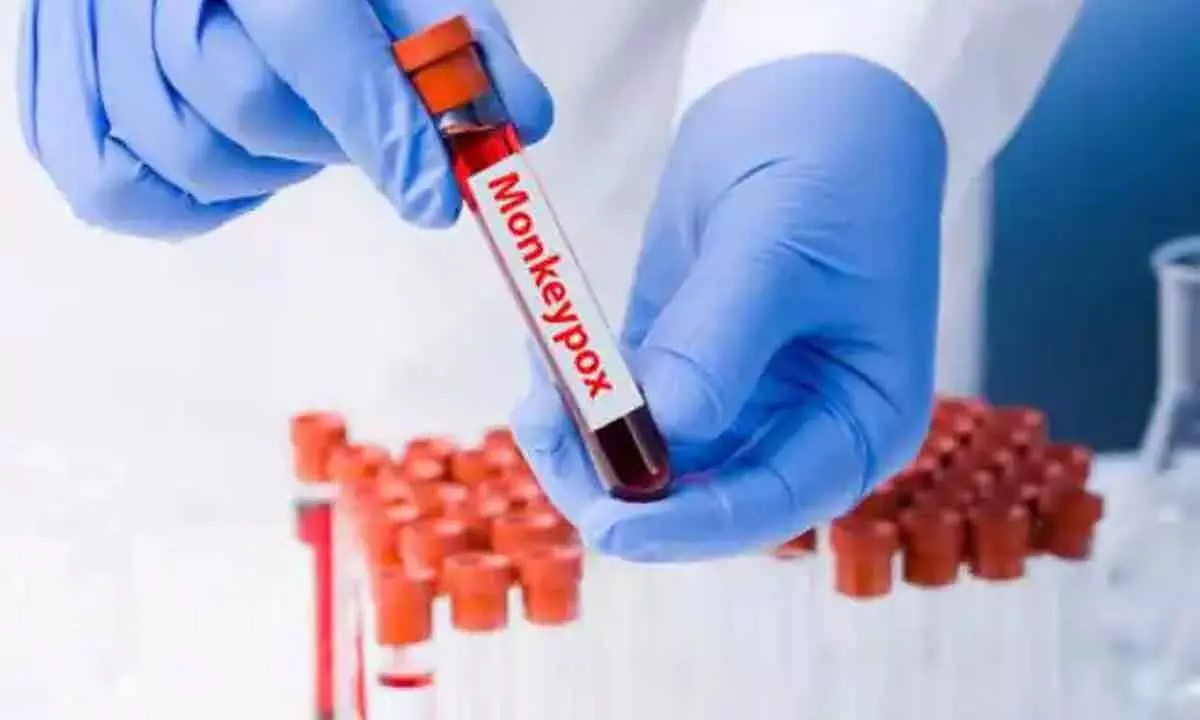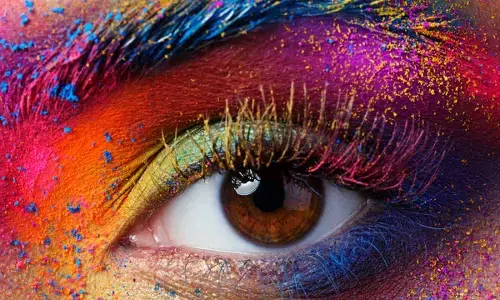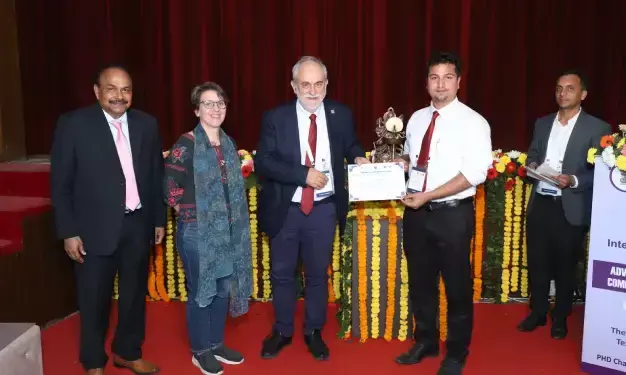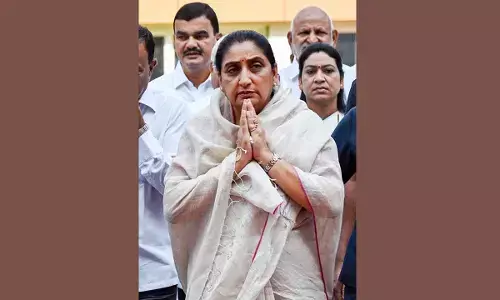Monkeypox infections rise 20% to over 35K cases, 12 deaths: WHO

Monkeypox cases have seen an exponential jump of 20 per cent in the last week with more than 35,000 infections and 12 deaths reported from 92 countries, according to the World Health Organization (WHO).
Monkeypox cases have seen an exponential jump of 20 per cent in the last week with more than 35,000 infections and 12 deaths reported from 92 countries, according to the World Health Organization (WHO).
"Almost 7,500 cases were reported last week, a 20 per cent increase over the previous week, which was also 20 per cent more than the week before," WHO Director-General Tedros Adhanom Ghebreyesus said at a media briefing.
Almost all cases are being reported from Europe and the Americas, and nearly all cases continue to be reported among men who have sex with men.
It underscores the importance for all countries to design and deliver services and information tailored to these communities that protect health, human rights and dignity, the WHO chief said, imploring countries to enhance disease surveillance and contact tracing.
"The primary focus for all countries must be to ensure they are ready for monkeypox, and to stop transmission using effective public health tools, including tailored risk communication and community engagement, and risk reduction measures," Ghebreyesus said.
The WHO chief also stated the importance of vaccines in controlling the outbreak, but noted that the supplies of vaccines, and data about their effectiveness, are limited.
However, according to Rosamund Lewis, the WHO's monkeypox technical lead, there are reports of breakthrough cases in which people who received the shots after exposure to the virus are still falling ill as well as individuals becoming infected after receiving the vaccine as a preventative measure, CNBC reported.
The monkeypox vaccine can be administered after exposure to reduce the risk of severe disease or before exposure to reduce the risk of infection. But currently mass vaccinations against monkeypox are not recommended, only those at-risk are eligible and that too in select countries.
"We have known from the beginning that this vaccine would not be a silver bullet, that it would not meet all the expectations that are being put on it, and that we don't have firm efficacy data or effectiveness data in this context," Lewis told reporters.
"The fact that we're beginning to see some breakthrough cases is also really important information, because it tells us that the vaccine is not 100 per cent effective in any given circumstance," she added.
These reports are not surprising, Lewis said, but highlight the importance of individuals taking other precautions such as reducing their number of sexual partners and avoiding group or casual sex during the current outbreak.
It's also important for people to know that their immune system does not reach its peak response until two weeks after the second dose, she said.
"People do need to wait until the vaccine can generate a maximum immune response, but we don't yet know what the effectiveness will be overall," Lewis said.
Meanwhile, the WHO has also been in close contact with the manufacturers of vaccines, and with countries and organisations who are willing to share doses.
"We remain concerned that the inequitable access to vaccines we saw during the Covid-19 pandemic will be repeated, and that the poorest will continue to be left behind," Ghebreyesus said.
Further, amid the debate over stigma caused by the name 'monkeypox', the WHO last week, convened a meeting of experts to rename the two known clades of the virus using Roman numerals.
The clade formerly known as the Congo Basin or Central African clade will now be referred to as clade I, while the West African clade will be called clade II.
Work on renaming the disease and the virus is ongoing, Ghebreyesus said.











